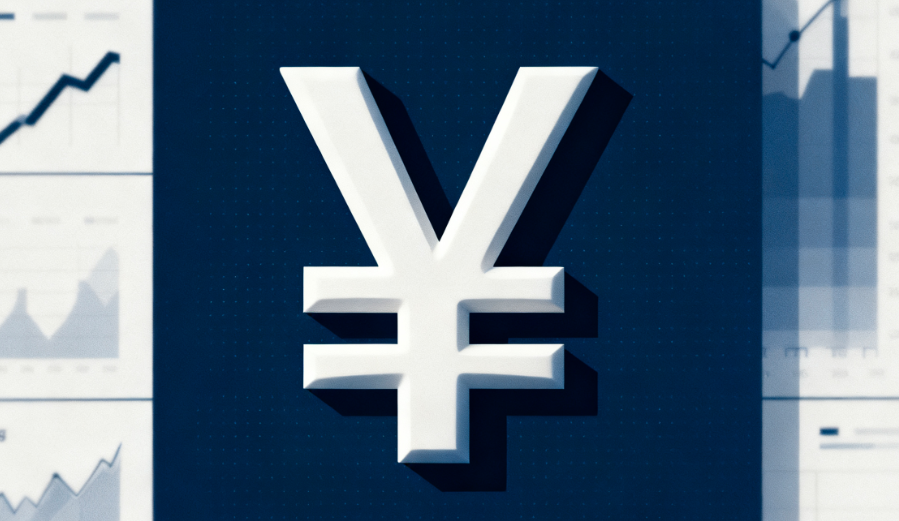
Why Was the French Prime Minister Reappointed Shortly After Resigning?
A dramatic scene unfolded in French politics on the 10th. President Macron announced that evening the reappointment of Le Cornu, who had resigned on the 6th, as Prime Minister. Why was Le Cornu chosen again as Prime Minister? What were the reactions from various parties? Can he hold onto the position of Prime Minister this time?
On the afternoon of the 10th, Macron met with leaders of major political parties from the National Assembly at the presidential palace. That evening, the presidential palace announced the decision to reappoint Le Cornu as Prime Minister. French news channel BFMTV described this as "the most dramatic moment in a week of tumultuous political drama."
The ruling coalition in France currently does not hold a majority of seats in the National Assembly. Media analysis had previously suggested that after Le Cornu's resignation, Macron would likely appoint a prime minister from a left-wing party to gain their support or choose a technocrat without party affiliation to form a technocratic cabinet. Reappointing Le Cornu was considered a "less desirable option."
Le Figaro analyzed that Macron insisted on reappointing Le Cornu for several reasons. First, Le Cornu is Macron's most loyal supporter and can effectively implement Macron's policies. During Macron's meeting with major party leaders on the 10th, left-wing parties set the condition of suspending the pension reform, while the right-wing Republican Party explicitly opposed halting the reforms. The positions of both sides were diametrically opposed. No matter which camp Macron chose the prime minister from, he would lose the support of the other side and impact the pension reform he leads.
Second, after resigning, Le Cornu acted as a coordinator, negotiating with major parties and reaching a certain degree of consensus.
Third, to pass the 2026 national budget draft in parliament before the end of the year, the Prime Minister must expedite the relevant procedures. Le Cornu had already prepared the budget draft during his tenure, and changing personnel now would delay the progress.
















